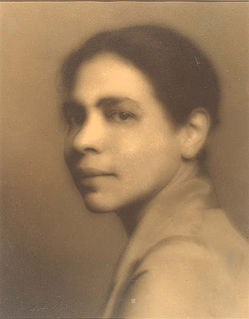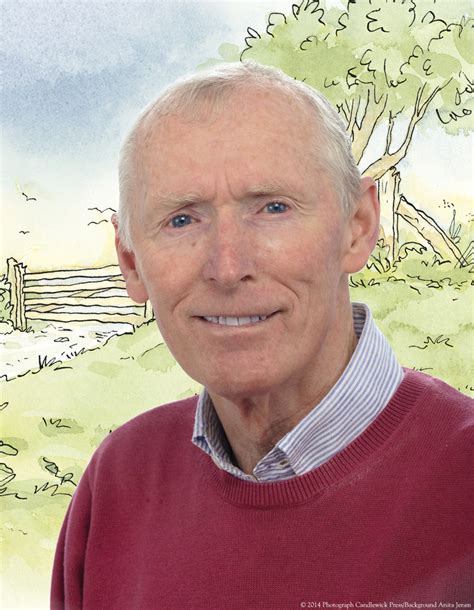A Quote by Ismail Kadare
It is well known that in the Communist countries, and especially in my own, Albania, readers were often called upon to demonstrate their vigilance by detecting and denouncing the 'errors' of authors.
Related Quotes
I've lived a lot in communist countries and they're intensely interested in money. I think they are more interested in money than capitalists are. They're the most materialistic people in the world. What they're actually living for is material things. The irony of that is that in communist countries there isn't anything to buy.
The issue is that when you're a critic it's hard to tell the difference between the thrill of denouncing and telling the truth. Telling the truth to me feels more often like denouncing than like praising. There are many more concrete advantages in the world for people who praise than for those who denounce. So if you want to tell the truth, oftentimes you're going to err on the side of denouncing. That's just something I have to work on.
As is well known, 'McCarthyism' was an alleged focus of political evil in the 1950s: Accusations of Communist taint, without factual basis; bogus lists of supposed Communists who never existed; failure in the end to produce even one provable Communist or Soviet agent, despite his myriad charges of subversion.
People often ask authors where their ideas come from, and often authors say they don't know. But I do know about this one. Once upon a time, my wife and I had three small children -- two boys and a girl, just like in the story. And when they were young, we used to tell them a story very like YOU'RE ALL MY FAVORITES.







































